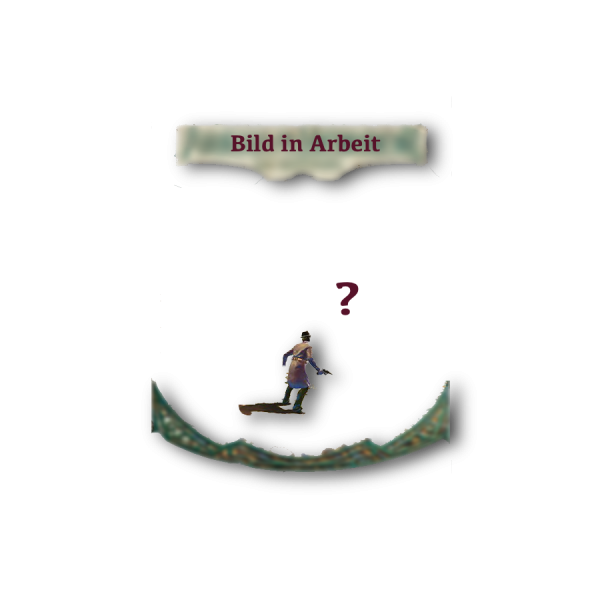Gandhi – EN
€ 89,90
Artikel nicht lagernd
Hersteller: GMT Games LLC, PO Box 1308, Hanford, CA 93230 - Email: gmtoffice@gmtgames.comVerantwortliche Person: BNW Distribution GmbH, Winkelsweg 169, 40764 Langenfeld (Germany) - Mail: sales@bnw-distribution.com
Beschreibung
In 1917, a minor figure in Indian politics thrust himself onto the world stage and soon became the inspirational leader of the most successful nonviolent movement in world history. Mohandas Gandhi waged a decades-long campaign of civil resistance against the mightiest empire the world had known and won independence for the people of India. Their struggle would become the model for people across the globe, from the Civil Rights Movement in the United States, to Solidarity in Eastern Europe and the People Power Movement in the Philippines. But the story of India in the waning years of the Empire does not belong to Gandhi alone.
India had always been defined by its diversity, home to a wide array of cultures, languages, religions, ethnicities, and polities. Gandhi’s movement was one of many that evolved in those decades. The image of Gandhi in the popular imagination—Gandhi the saintly figure, the father of free India—oversimplifies the past and overlooks the important contributions of others. These ever present fault lines threatened to split India apart. The Muslim League increasingly agitated for Muslim autonomy and was willing to compromise with the British to achieve it. Across India, revolutionary Hindu groups formed and challenged Gandhi’s nonviolent approach by waging armed struggle against the British. Periodic eruptions of terror and assassination were met by mass arrests and British reprisals. These may have restored order for a time, but such repression only fueled the next uprising. British power in India was always a balancing act, an act that became increasingly difficult to maintain as resistance across India grew. In the end, was it Gandhi’s nonviolent movement that ultimately toppled the Raj? Or was it the accumulation of years of unrest of all types that ultimately led to the decolonization of the largest dominion of Imperial Britain?
Gandhi: The Decolonization of British India, 1917–1947 is Volume IX in GMT’s acclaimed COIN Series. Exploring one of the world’s most prominent experiments with nonviolent resistance, Gandhi takes us to the subcontinent of India, the jewel in the crown of the British Empire, for a detailed look at the final decades of the British Raj. 1 to 4 players compete to determine the future of India; will the transition to home rule be a peaceful one, will India be split apart by partition or civil war, or will it remain firmly in the grip of empire?
Gandhi offers a fresh perspective on the history of insurgency with the addition of a new type of faction to the COIN Series, the Nonviolent (NV) faction, while retaining the multi-faction, asymmetrical, card-assisted system of earlier titles in the COIN Series. COIN veterans will be able to jump right in. Other features include:
- Gandhi as the game’s sole leader piece.
- Nonviolent operations and special activities.
- Nonviolent activists that are always active, but generally immune from Raj actions until engaged in protests (or caught up in post-terror reprisals).
- Protests that erode support but leave activists vulnerable to arrest by Raj forces.
- A Hindu-Muslim Unity track that measures tensions between these two communities, affecting resources, operations, and victory.
- A British Rule track that reflects shifts in colonial policy in response to events on the map, from resolve to restraint, affecting the cost of several actions.
- British Viceroys who come and go with each passing campaign and have their own unique effects on each faction.
- An out-of-play jail space that holds nonviolent forces arrested during martial law. Pieces can be kept in jail over several campaigns, but at a cost to the Raj.
- Independent Princely States that are never controlled by any faction, yet offer a haven for violent and nonviolent insurgents alike.
- Short and medium-length scenarios that allow for the study of different periods of the struggle against British rule in India.
- Support for solitaire, 2-player, 3-player, and 4-player games.
Achtung! Nicht für Kinder unter 36 Monaten geeignet.
Du musst angemeldet sein, um eine Bewertung abgeben zu können.







Bewertungen
Es gibt noch keine Bewertungen.